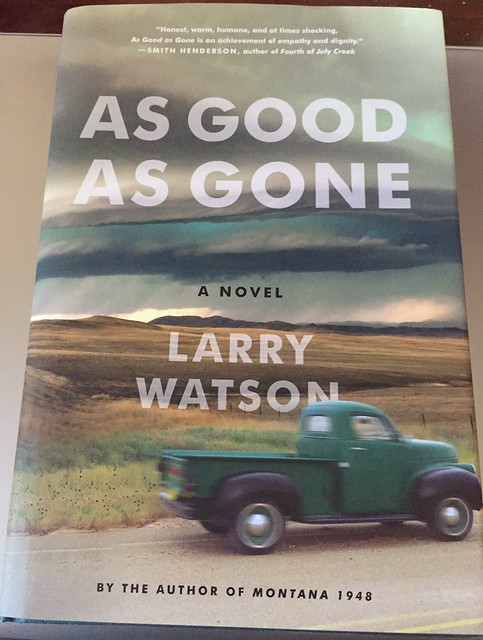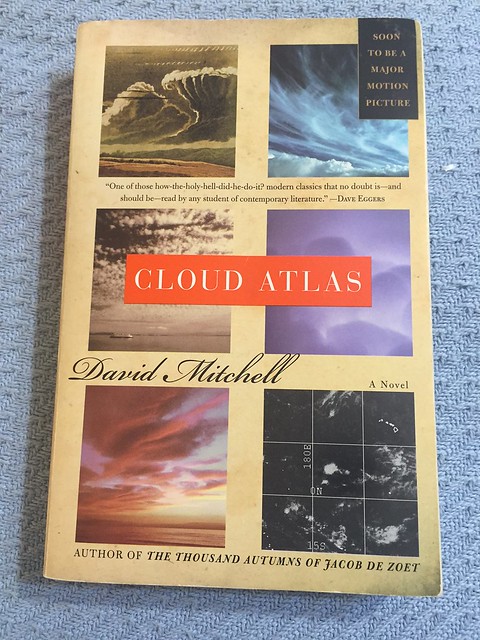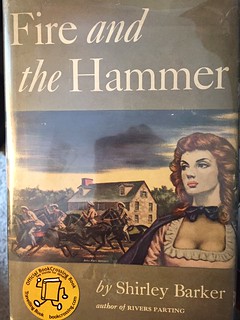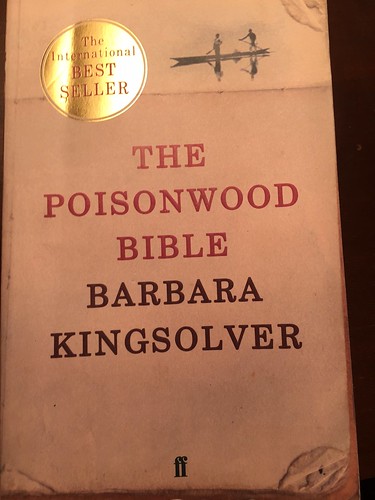Abe Books' website currently has a link to
The Oscars Library on their homepage.
"More than two thirds of Hollywood's Best Picture winners were inspired by literature, whether it be a novel, biography, play, or short story. In fact, since the inaugural Academy Awards in 1928, exactly 62 Best Picture winners derive from literature" that is, up to 2015. "Of the 2016 nominees, six of the eight films nominated for Best Picture are based on books."
I have read many of the books on the list, and seen many of the movies. The instances in which I've seen and read the book/movie combination are few. There are many more that I want to see/read.
Here are my lists:
First, the books and movies of 2016 that I want to read and/or see:
Brooklyn by Colm Toibin
Room by Emma Donoghue (not sure about this one; it sounds creepy)
Bridge of Spies by Giles Whittell
This one was nominated for Best Actor/Actress:
Carol by Patricia Highsmith
Second, award winning movies based on books that I want to see: (you might be amazed at ones I haven't already seen; I am not much of a movie-goer)
Slumdog Millionaire, 2008
A Beautiful Mind, 2001 (I liked Russel Crowe in Les Miserables.)
Shakespeare in Love, 1998
The English Patient, 1996
Forrest Gump, 1994
Schindler's List, 1993
Out of Africa, 1985
Amadeus, 1984
Kramer vs. Kramer, 1979
One Flew Over the Cuckoo's Nest, 1975
Ben-Hur, 1959 (again - I saw it once, when I was a teenager. I didn't understand it; it was confusing to me. I want to read the book, then see the movie again.)
From Here to Eternity, 1953
All About Eve, 1950
Gentleman's Agreement, 1947
The Best Years of Our Lives, 1946
Going My Way, 1944
*Mrs. Miniver, 1942
How Green Was My Valley, 1941
*Rebecca, 1940
You Can't Take it With You, 1938 (James Stewart was in this one; another major reason to see it!)
Cavalcade, 1932/33
Grand Hotel, 1931/32
Cimarron, 1930/31
* indicates that I have read the book
Third, books made into movies that I want to read:
12 Years a Slave, by Solomon Northup in 1853 (movie made in 2013)
Q & A, by Vikas Swarup in 2005 (movie Slumdog Millionaire made in 2008)
A Beautiful Mind, by Sylvia Nasar in 1998 (movie made in 2001) ( I want to also read The Essential John Nash written by John Nash.)
The English Patient, by Michael Ondaatje in 1992 (movie in 1996)
Forrest Gump, by Winston Groom in 1986 (movie in 1994. Winston Groom's mother was an English teacher in my high school!)
Schindler's Ark, by Thomas Keneally in 1982 (movie, Schindler's List in 1993)
Out of Africa, by Karen Blixen in 1937 (movie in 1985)
Kramer vs. Kramer, by Avery Corman in 1977 (movie in 1979)
One Flew Over the Cuckoo's Nest, by Ken Kesey in 1962 (movie in 1975)
*In the Heat of the Night, by John Ball in 1965 (movie in 1967 - I have seen the movie, but wouldn't mind seeing it again.)
*Gigi, by Colette in 1944 (movie in 1958)
A Gentleman's Agreement, by Laura Z. Hobson in 1947 (movie, Gentlemen's Agreement, also in 1947)
How Green Was My Valley, by Richard Llewellyn in 1939 (movie in 1941) I read the book, or started it, when I was a teenager. I couldn't get into it; I'd like to try again.
Cimarron, by Edna Ferber in 1930 (movie in 1930/31) I have read other books by Edna Ferber and enjoyed them all.
* indicates that I have seen the movie
Fourth, Award-winning movies based on books that I have seen:
Dances With Wolves
Driving Miss Daisy
Rain Man
In the Heat of the Night
The Sound of Music
My Fair Lady
West Side Story
Ben-Hur (As I said, it was confusing; I should see it again.)
Gigi (I should see it again; all I remember is Maurice Chevalier singing "Gigi". The tune is in my head, but I can't remember the words.)
Around the World in 80 Days
Gone With the Wind
It Happened One Night
Fifth, books I have read that inspired award-winning movies:
Romeo and Juliet, play by William Shakespeare circa 1595. Both "West Side Story" and "Shakespeare in Love" were based on it.
Oliver Twist, by Charles Dickens in 1839, inspired the musical Oliver!
A Man for All Seasons, a play by Robert Bolt in 1960, on the life of Sir Thomas More, who was executed for refusing to allow King Henry VIII's divorce.
Hamlet, play by William Shakespeare, circa 1602
Mrs. Miniver, by Jan Struther in 1939
Rebecca, by Daphne du Maurier in 1938
Gone With the Wind, by Margaret Mitchell in 1936
Clearly, I have some more reading and watching ahead of me!





